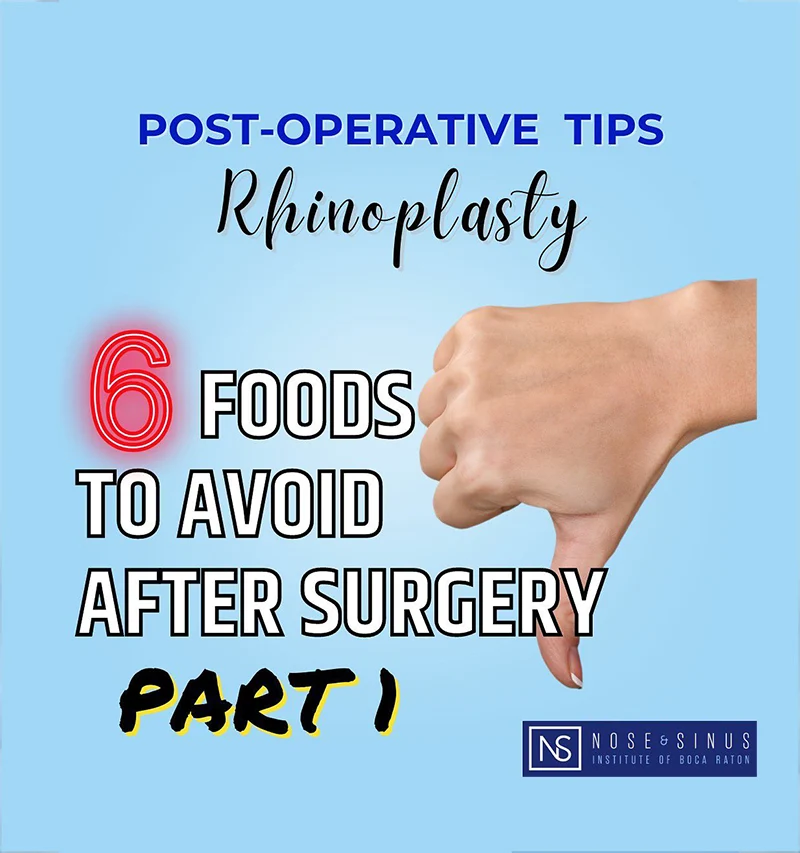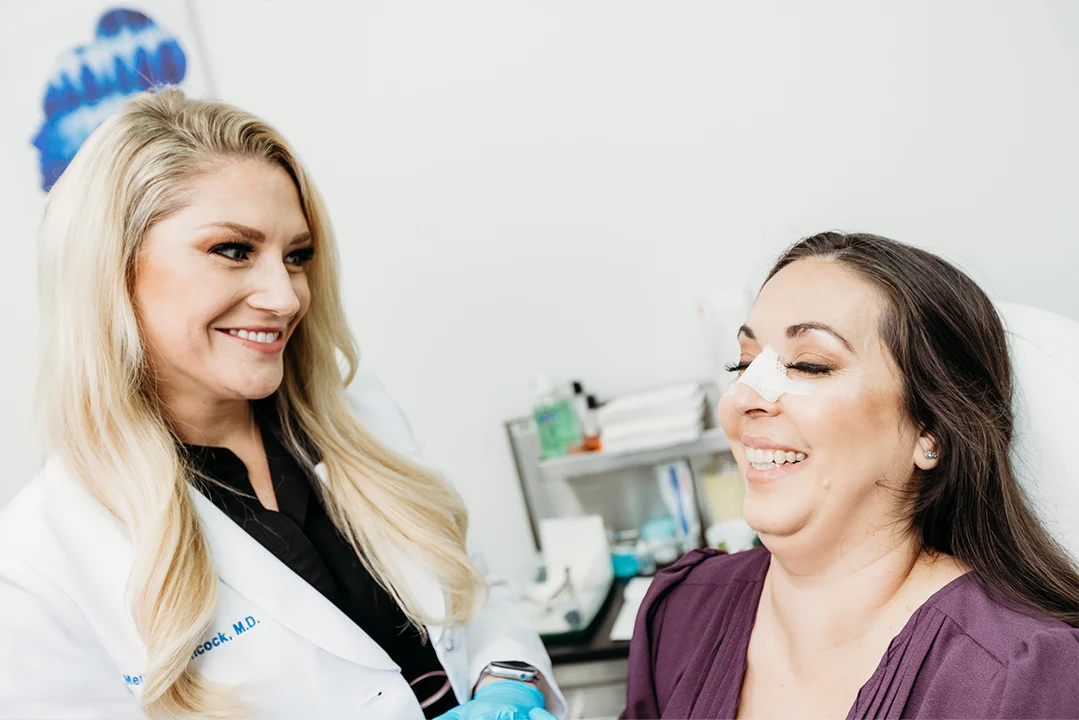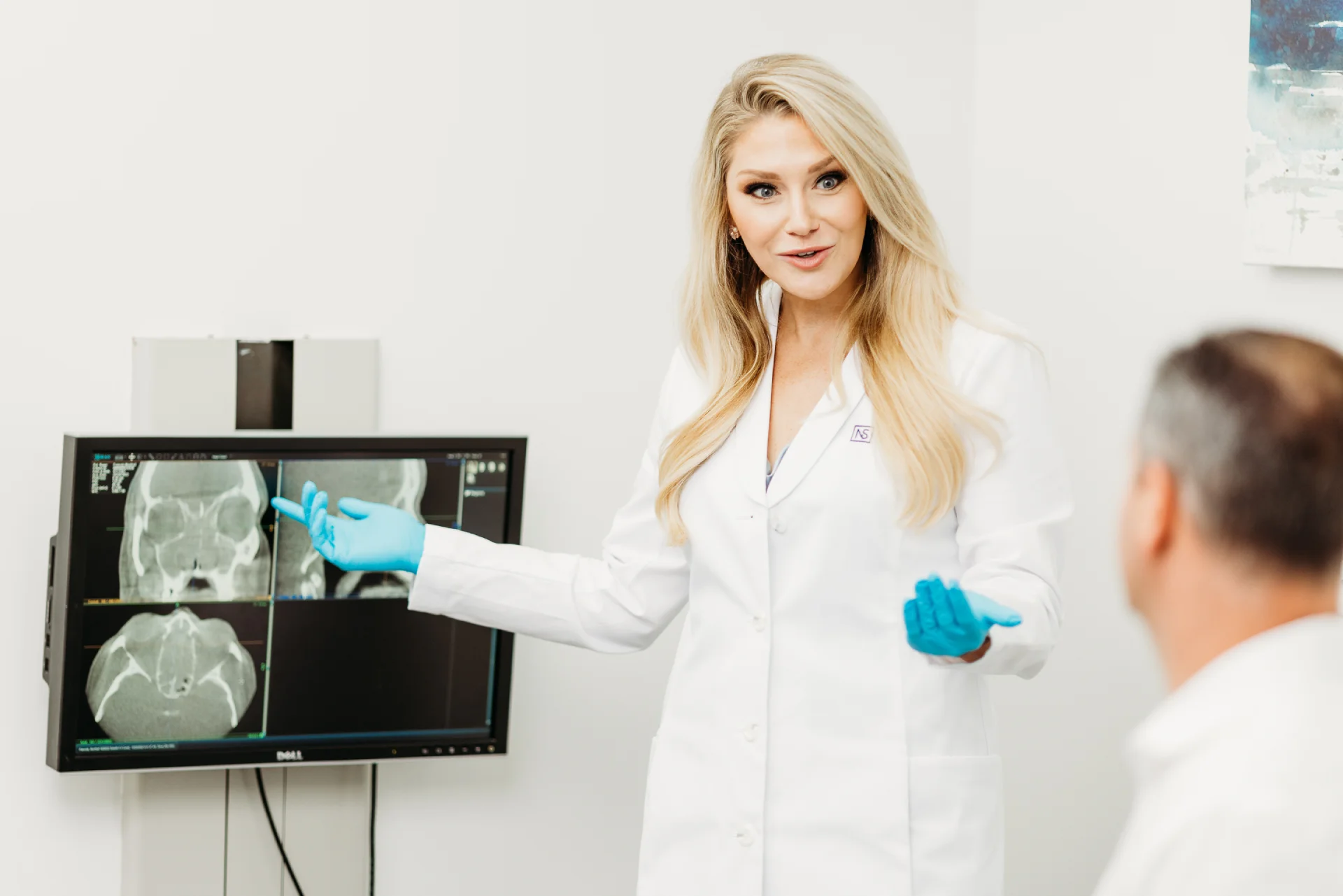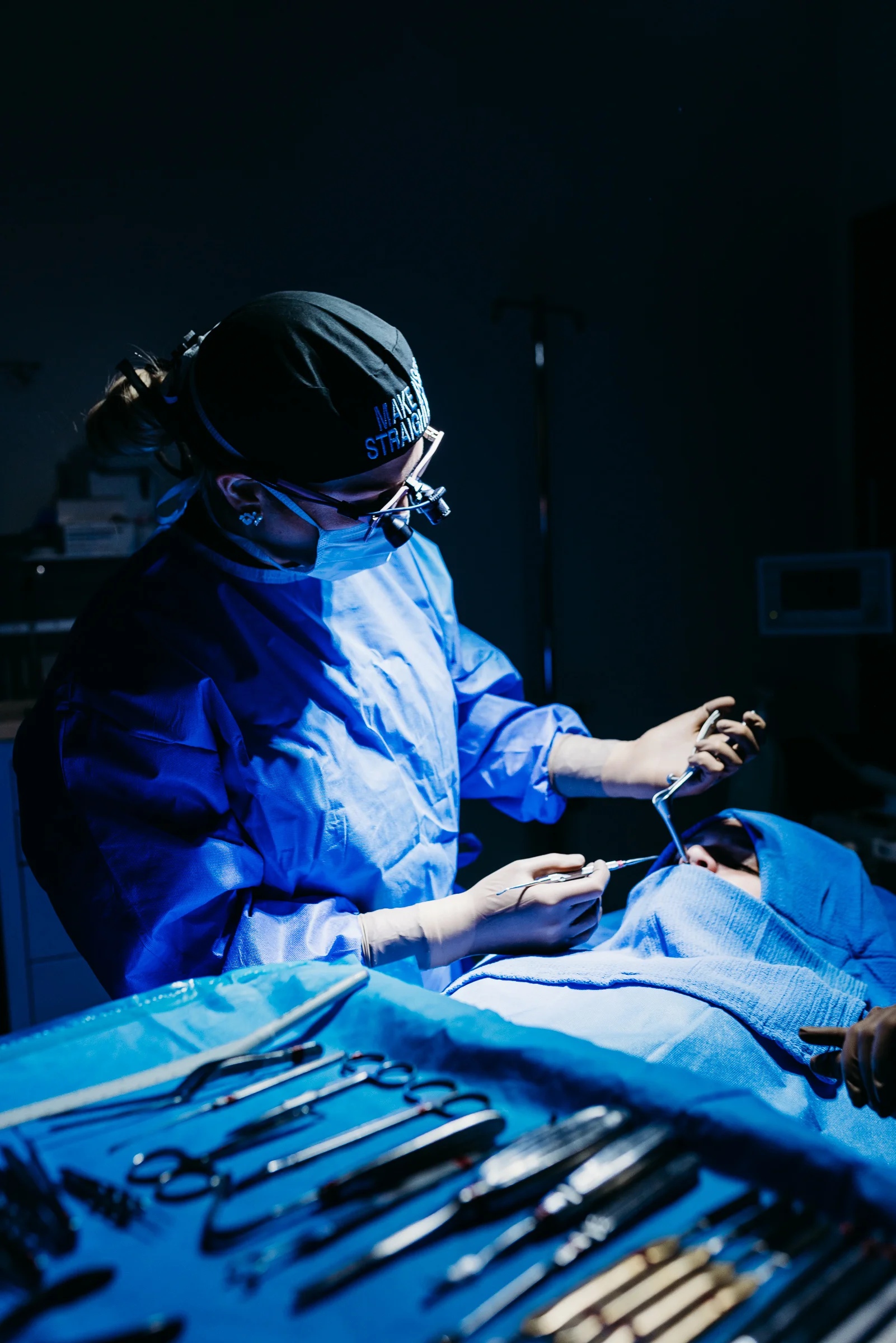
NSIBR |Featured, Procedures, Rhinoplasty | January 15, 2024
Undergoing rhinoplasty is an exciting step towards achieving the nose you’ve always desired. However, the success of your rhinoplasty isn’t solely dependent on the surgical procedure itself; your post-operative care, including your rhinoplasty diet post-surgery, plays a pivotal role in ensuring a smooth and speedy recovery.
“What food to avoid after rhinoplasty” is a common question asked by patients at the Nose and Sinus Institute of Boca Raton. Here’s our rhinoplasty surgeons’ list of top foods to avoid after rhinoplasty to optimize your healing process:
1. Alcohol
It’s strongly encouraged to steer clear of alcohol after a rhinoplasty. In the initial days, alcohol consumption can interfere with anesthesia and potentially lead to unpleasant side effects. Notably, it can extend your recovery time and worsen swelling. While it may be technically possible to consume alcohol after the first week of surgery, it’s best to wait until significant swelling has resolved.
2. Chewy Foods
Hard-to-chew and sticky foods should be at the top of your “avoid” list post-rhinoplasty. Chewing involves slight movement of your nose, and as your nose heals from surgery, it’s crucial to minimize any unnecessary motion to reduce the risk of complications. Hold off on indulging in steak dinners, sticky candies, or chewing gum until your surgeon gives the green light. You won’t be limited to a diet of mushy foods for weeks; just be cautious with particularly chewy options.
3. Salty Foods
High-sodium and salty foods can contribute to swelling and significantly prolong your rhinoplasty recovery time. As a precaution, opt for a low-sodium rhinoplasty recovery diet to expedite your healing process and return to your normal routine sooner than expected.
4. Simple Carbs
Carbohydrates are essential nutrients found in various foods, and they are categorized as simple or complex carbs. Simple carbs are essentially sugars, while complex carbs are rich in nutrients, high in fiber, and digest more slowly. After surgery, your metabolism will be elevated, increasing your body’s calorie requirements. Calories obtained from complex carbohydrates like whole grains, starchy vegetables, and legumes provide the energy your body needs to heal. Steer clear of simple carbohydrates found in pastries, desserts, candy, soda, and ice cream.
5. Caffeine
You can enjoy caffeine up to two days before your surgery; however, it’s best to abstain from caffeine consumption two days before the procedure to prevent potential post-surgery headaches. On the day of surgery and for at least the following week, it’s advisable to eliminate caffeine from your rhinoplasty diet, as it can elevate blood pressure and increase the risk of bruising. While you may experience withdrawal headaches due to caffeine cessation, it’s a temporary discomfort that’s well worth the benefits of a smoother recovery.
6. Spicy Foods
Spicy foods offer several health benefits, including anti-inflammatory properties. Nevertheless, it’s wise to avoid spicy foods during the first week after rhinoplasty to prevent potential nausea complications with anesthesia, and other side effects.
Following Aftercare Guidelines Are Crucial to Optimal Healing
A successful rhinoplasty outcome depends not only on the surgical procedure but also on your commitment to a post-operative care plan. By avoiding these foods and following your surgeon’s rhinoplasty diet and recovery guidelines, you can promote optimal healing and achieve the best possible results from your rhinoplasty. Contact our Boca Raton office to learn more about our rhinoplasty procedures.



